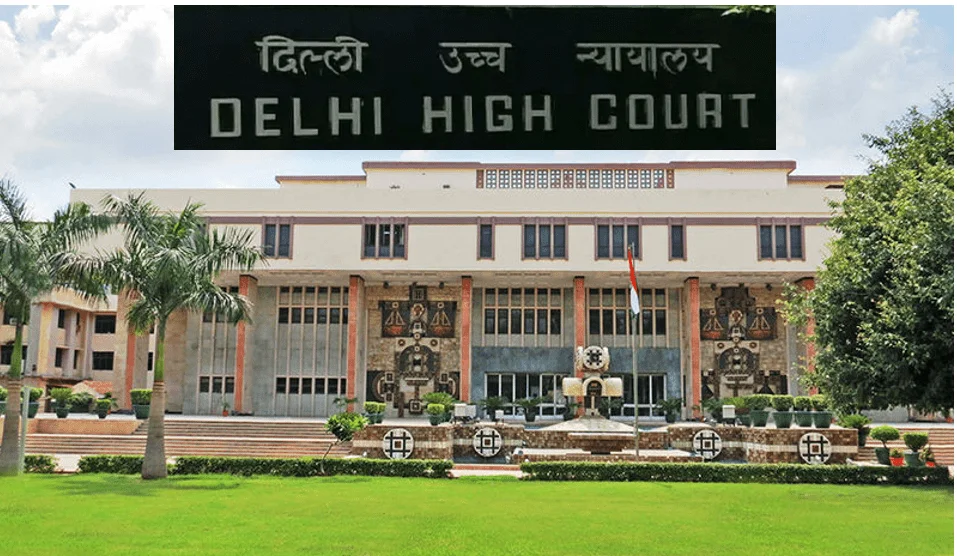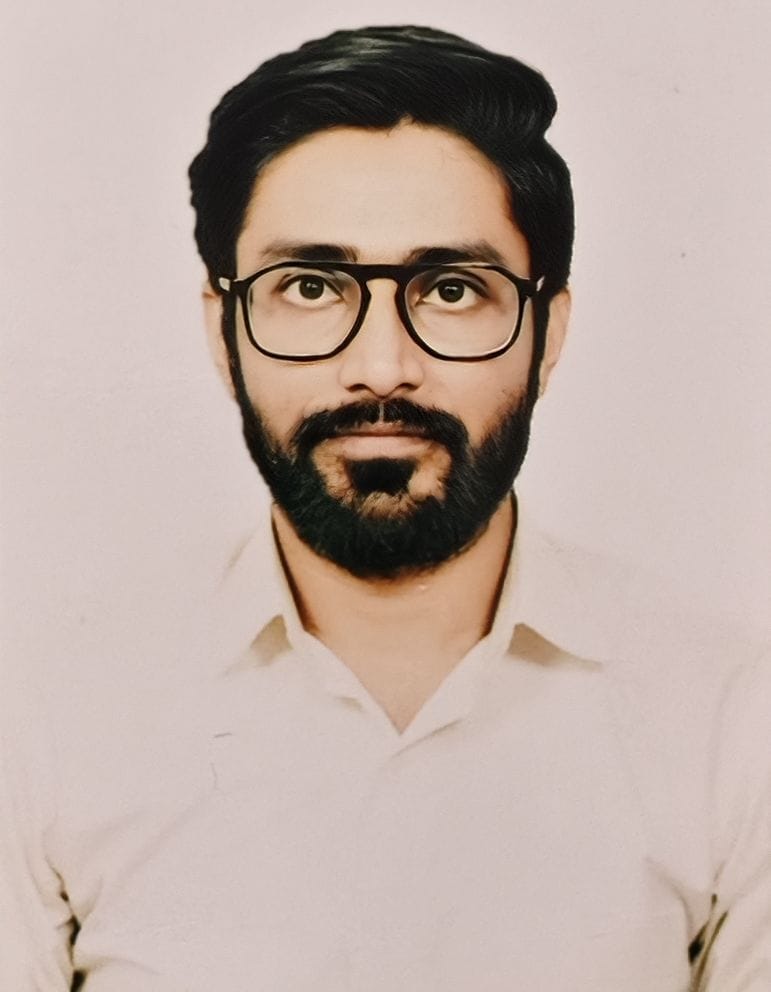In a ground-breaking ruling, the Delhi High Court recently allowed a couple in their sixties to retrieve their deceased son’s frozen sperm, marking a significant step toward posthumous assisted reproduction in India. This unprecedented case highlights complex ethical, legal, and societal issues. Here’s a breakdown of the situation:
The Case and Its Significance
In 2020, a 30-year-old man lost his life to cancer. Prior to his death, his sperm was cryopreserved as a precaution against cancer treatments like chemotherapy and radiation, which often lead to infertility. Following his demise, his parents sought to use this sample to continue their son’s lineage through surrogacy. However, the hospital holding the sample refused to release it, citing the lack of clear guidelines for such cases where the deceased individual has no spouse.
Desperate to honor their son’s legacy and fulfill their wish to raise a grandchild, the couple approached the Delhi High Court for permission to access the sperm. They argued that they were prepared to take full responsibility for any child born via surrogacy. After hearing the case, the court ultimately sided with the grieving parents, allowing them to access their son’s sperm for posthumous reproduction.
The Legal Landscape: A Gap in the Law
The ruling touches on the limitations of current Indian laws regarding assisted reproduction. The Assisted Reproductive Technology (ART) Act of 2021 and the Assisted Reproductive Technology Rules of 2022 regulate fertility treatments and posthumous sperm retrieval. However, these laws only apply when a spouse seeks access to a deceased partner’s sperm, leaving parents outside the scope of the legislation.
In this case, the court found that the ART Act did not cover the circumstances because the legislation had not come into effect at the time of the son’s death. This gap in the law enabled the court to authorize the release of the sample to the parents, opening the door to “posthumous grandparenthood” — a concept not previously addressed in Indian jurisprudence.
Sperm as Property
A key argument in the case was the classification of sperm as “property.” The petitioners argued that their son’s sperm was part of his biological material, just like any other organ or the human body itself, and thus could be passed on to his legal heirs after death. Under the Hindu Succession Act, parents are classified as Class-1 legal heirs in the absence of a spouse or children, which meant they had a legal right to their son’s genetic material.
The court accepted this argument, treating the preserved sperm as property that could be inherited by the deceased man’s parents. This sets an important legal precedent for future cases involving the posthumous retrieval of genetic material.
Global Perspectives on Posthumous Reproduction
India’s laws on posthumous reproduction are relatively undeveloped compared to other countries. Around the world, many countries permit the use of a deceased person’s genetic material for assisted reproduction, but with strict conditions. For example:
- Uruguay allows posthumous reproduction only with written consent from the deceased, valid for up to one year.
- Belgium requires a six-month waiting period and that the request be made within two years of the individual’s death.
- Australia’s state of Victoria mandates written or oral consent in the presence of witnesses, along with counselling and approval from a review panel.
- Canada and the UK also require explicit written consent from the deceased.
Interestingly, Israel allows posthumous reproduction but excludes parents from seeking the retrieval of sperm; only a deceased individual’s spouse can request it. Yet, exceptions have been made, such as in a notable case where the parents of a deceased soldier were permitted to use his sperm to conceive a child posthumously.
Ethical Concerns and Future Challenges
While the court’s decision represents a legal breakthrough, it also raises several ethical concerns. One of the primary issues is the assumption of consent by the deceased. Since the son had not explicitly left instructions for the use of his sperm, it’s unclear whether he would have approved of his parents’ actions. Additionally, the welfare of a child born in such circumstances must be considered, particularly as they would grow up without one genetic parent.
The concept of “posthumous grandparenthood” also brings into focus societal norms and values. In many cases, the desire to continue a deceased individual’s lineage stems from deeply entrenched patriarchal beliefs about the importance of preserving a family’s patrilineal heritage. This case challenges traditional family structures and may set a precedent for other claims seeking posthumous reproduction under similar circumstances.
The Delhi HC Ruling and Its Broader Implications
The Delhi High Court’s decision establishes a new legal standard for the retrieval of genetic material by individuals other than a spouse, particularly in cases where there are no specific laws governing such scenarios. The court made it clear that while the ruling applied to this particular case, it did not set a blanket rule for future instances.
The court also emphasized the importance of informed consent and the welfare of the future child, stressing that each case should be evaluated on its own merits.
Looking Forward: A Legal and Ethical Frontier
This ruling may lead to broader discussions on assisted reproductive technology and the rights of parents, heirs, and other parties in accessing posthumous genetic material. As the use of assisted reproduction grows, there is a pressing need for clearer guidelines that address the ethical complexities of posthumous reproduction.
While the court’s ruling offers a pathway for this grieving family to fulfill their wish of raising their deceased son’s child, it also opens up a host of new questions about the intersection of law, technology, and family structures in modern society.
Conclusion
The Delhi High Court’s decision to allow a 60-year-old couple to access their deceased son’s sperm marks a watershed moment in Indian law. While the ruling offers hope to families seeking to continue their loved ones’ legacy, it also underscores the need for a broader conversation about the ethics and legality of posthumous reproduction. The case serves as a reminder that as technology evolves, so too must our laws and ethical frameworks, ensuring that the future generations conceived through such means are given the consideration and protection they deserve.
Source: The Indian Express https://indianexpress.com/article/explained/explained-law/delhi-high-court-60-year-old-couple-access-dead-sons-sperm-9615212/




